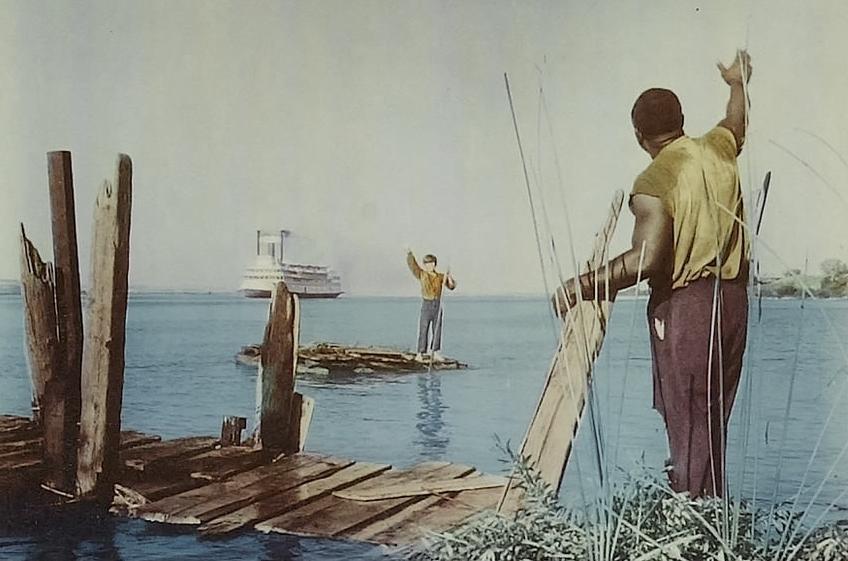Commentary
If the 21st century could be given a motto, it should be, “Those who forget the past are condemned to repeat it.” It’s disturbing to see how many stories which were once beloved classics are being removed from curricula, pulled from libraries, and generally cancelled because they don’t follow the current agenda. As a result, an entire generation is missing the experience of enjoying and learning from these great old works. Whether a book, a film, or a stage work, art from the past is a time capsule to a long dead age, helping us to understand how mankind’s nature never truly changes.





